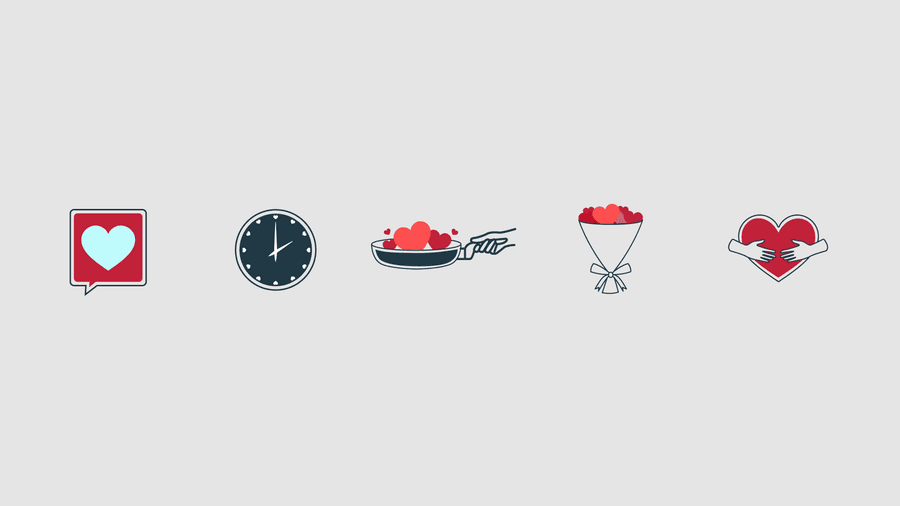What the Receiving Gifts Love Language Means for a Relationship
Curated from: verywellmind.com
Ideas, facts & insights covering these topics:
3 ideas
·9.62K reads
238
Explore the World's Best Ideas
Join today and uncover 100+ curated journeys from 50+ topics. Unlock access to our mobile app with extensive features.
Chapman’s Five Love Languages
Author Gary Chapman developed the theory that there are five basic ways romantic partners give and receive love.
The five love languages are:
- Physical touch
- Quality time
- Acts of service, such as cooking a meal or cleaning the car.
- Words of affirmation, such as verbal praise, compliments, and expressions of love.
- Gift-giving ranging from small tokens to surprise deliveries.
The majority of us have one or two dominant love languages, but each of us speaks all five languages to some degree. By learning how to 'speak' each other's preferred love language, you're ensuring both of you feel supported and seen.
672
3.53K reads
The Receiving Gifts Love Language
We often speak the love language to our partners that we ourselves want to receive.
If your partner's love language is gifts, they'll put the item on display or wear it every day, But the surest way to find out if your partner's love language is gifts is to ask them.
503
3.45K reads
Our Partner’s Gift-Giving Language
If the gifts love language doesn't come naturally to you, you should still learn the language if your partner speaks it.
Look at things in your daily life from a gift-giving perspective. It doesn't have to be expensive, just little reminders that they're always on your mind. If you know someone who speaks gifts as their love language, then not getting them a gift on a special occasion would be very hurtful to them, as would approaching the gift-giving as more a chore than an opportunity.
499
2.63K reads
IDEAS CURATED BY
Graham K.'s ideas are part of this journey:
Learn more about loveandrelationships with this collection
How to create a positive work environment
Conflict resolution strategies
Effective communication in the workplace
Related collections
Similar ideas
Read & Learn
20x Faster
without
deepstash
with
deepstash
with
deepstash
Personalized microlearning
—
100+ Learning Journeys
—
Access to 200,000+ ideas
—
Access to the mobile app
—
Unlimited idea saving
—
—
Unlimited history
—
—
Unlimited listening to ideas
—
—
Downloading & offline access
—
—
Supercharge your mind with one idea per day
Enter your email and spend 1 minute every day to learn something new.
I agree to receive email updates

